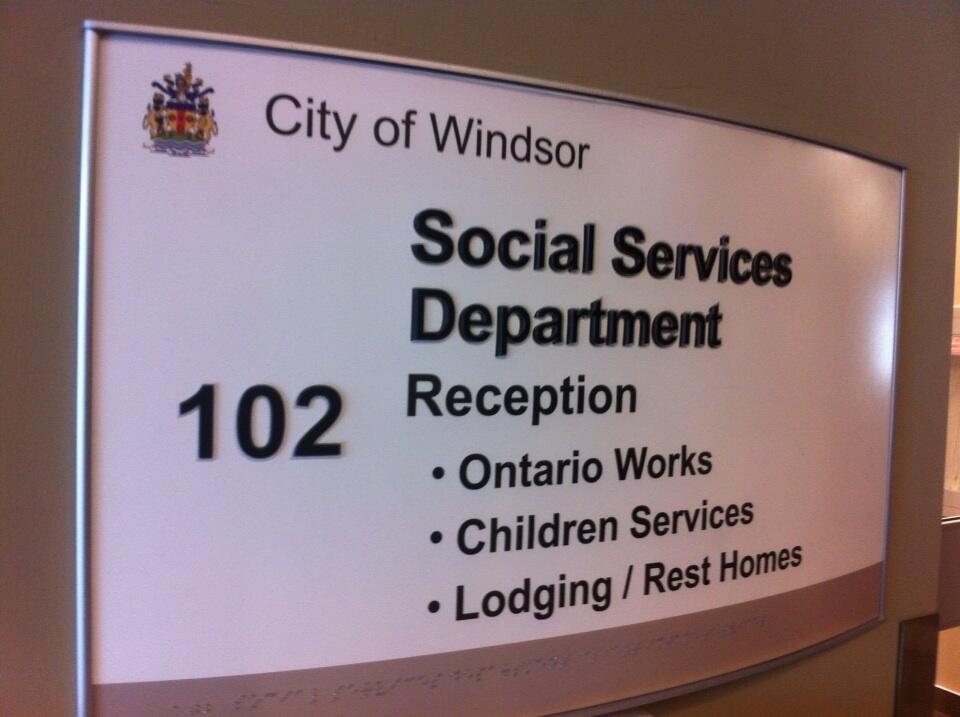Changes to social assistance in Ontario will impact thousands of people in Windsor-Essex.
The Progressive Conservatives are pushing the pause button on the previous Liberal government's system, and replacing it with one of their own.
As part of the changes, the promised three per cent increase to Ontario Works and ODSP recipients will be slashed in half, to 1.5 per cent.
Stats show there are 8,200 cases with Ontario Works, and 13,500 ODSP cases in Windsor-Essex.
One of those residents impacted by the change is Windsor resident Emily Sadowski. She tells CTV News she was counting on the increase to her disability support payments.
“I was expecting it, but it's so hard, there's so many people who live like me and it's not just me and it's not just people who don't want to work, it's people who can't work."
Sadowski is diagnosed with anxiety, autism, depression and obsessive compulsive disorder. She says the roughly $1,000 a month she receives is not enough, especially when caring for her service dog.
“It shows a lack of compassion,” says Sadowski. “It shows you're not thinking about the people less fortunate than you. We're people, we matter, everyone that I know who is on ODSP matters."
But Social Services Minister Lisa MacLeod says the changes are necessary to fix the mistakes made by the Liberals.
“It was to put it mildly, a mess,” says MacLeod. “The Liberals presided over a disjointed patchwork system with no interest at all in whether these programs delivered results."
The PC government is also cancelling the basic income pilot project, calling it "expensive" and "ineffective.”
It's expected this move will save the government $150-million.
But the Ontario government argues the changes are necessary because one in five people stay on Ontario Works for more than five years, and the number of single people on Ontario Works has grown by 57 per cent over the past 15 years.
The news has spurred backlash from the opposition parties, who say the government is cutting support from those who need it most.
Some advocacy groups have also denounced the move, as have some who received support through social assistance or the basic income program.
Sheila Regehr, chair of the Basic Income Canada Network, said such programs are more effective in lifting people out of poverty than social assistance, and require less bureaucracy to run.








































